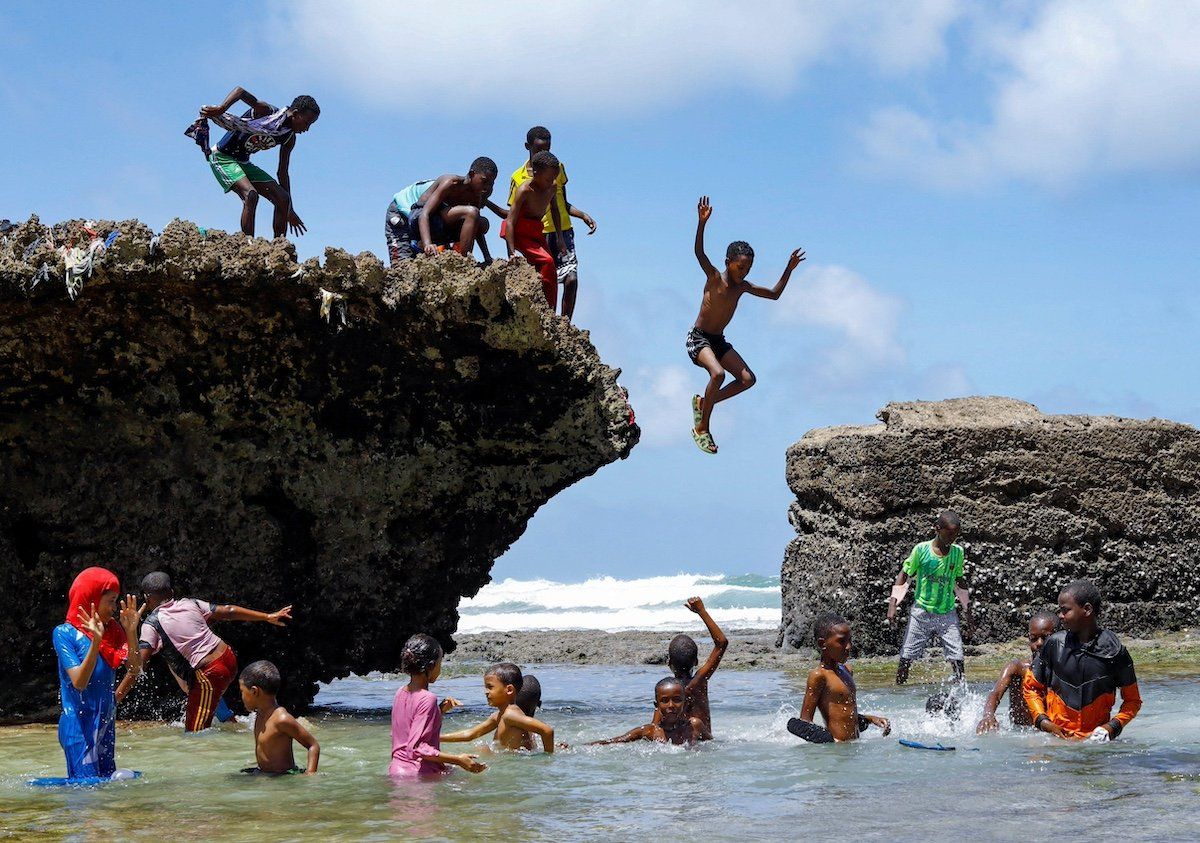Having fulfilled major reform requirements, Mogadishu now stands to benefit from a $4.5 billion debt write-off organized through the International Monetary Fund and World Bank.
Progress rewarded: Over the past 15 years, Somalia has worked to improve governance, fiscal discipline, and efforts to tackle poverty, which were conditions for debt relief. Federal troops aided by an African Union peacekeeping mission have also pushed al-Shabab terrorists far from major coastal cities.
The World Bank praised the fragile country’s progress, and the new deal sees Somalia’s debt burden fall from 65% to 6% of GDP. The UN has lifted a three-decade-long arms embargo, which should help net advanced equipment needed to fight the terrorists just as AU peacekeepers prepare to leave. Mogadishu will also have access to new lines of credit to build desperately needed infrastructure and maximize opportunities in the common market of the East African Community.
Work remains! The Somali government is not directly elected – it scores just 7/100 on Freedom House’s democracy index, and Transparency International rates it as the most corrupt country in the world. Al-Shabab terrorism remains a threat, and the country is contending with a breakaway republic in the north known as Somaliland. Somalis also face severe drought and food security problems, long-standing clan rivalries, and have long suffered from grinding poverty.
Mogadishu now has access to resources that could – if it succeeds – make life a little easier in one of the toughest countries on Earth.






